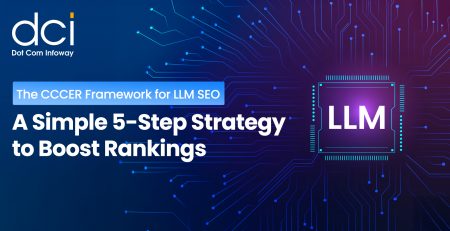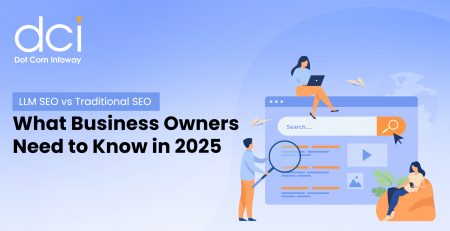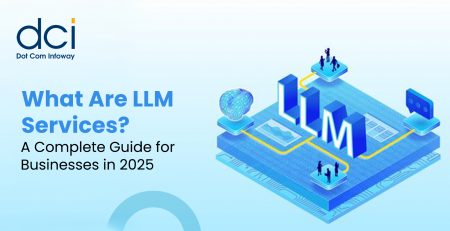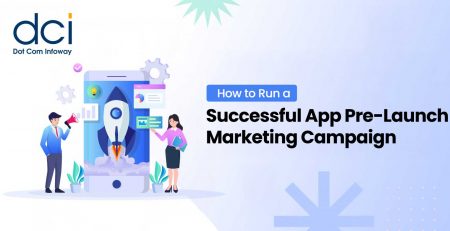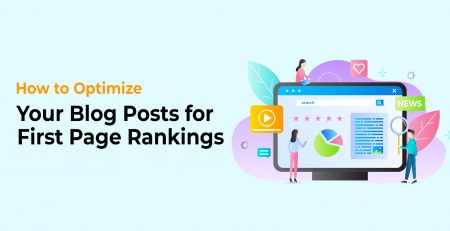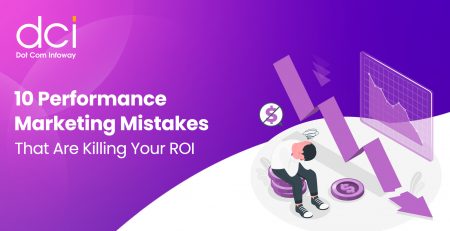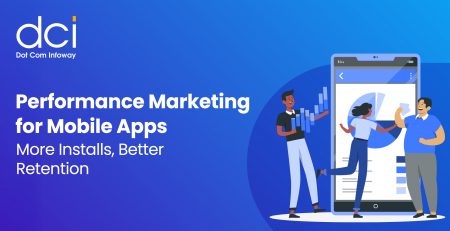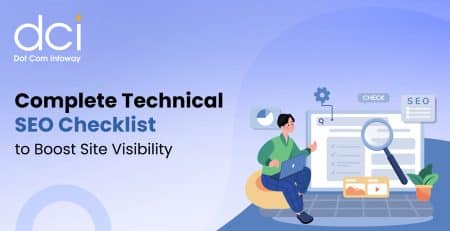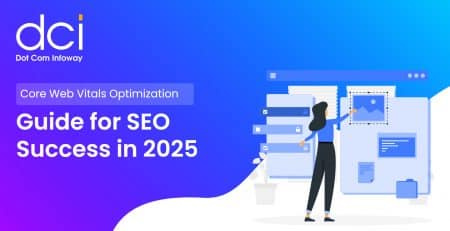LLM SEO vs Traditional SEO: What Business Owners Need to Know in 2025
In the ever-evolving world of digital marketing, understanding the distinctions between LLM SEO vs Traditional SEO has become a critical skill for business owners aiming to dominate online. As 2025 unfolds, search behavior, algorithmic evolution, and content optimization have taken a quantum leap forward. Businesses that fail to adapt will find themselves buried under their competitors on Google’s search results. This guide unpacks the intricacies of these two approaches and how you can leverage them for success.
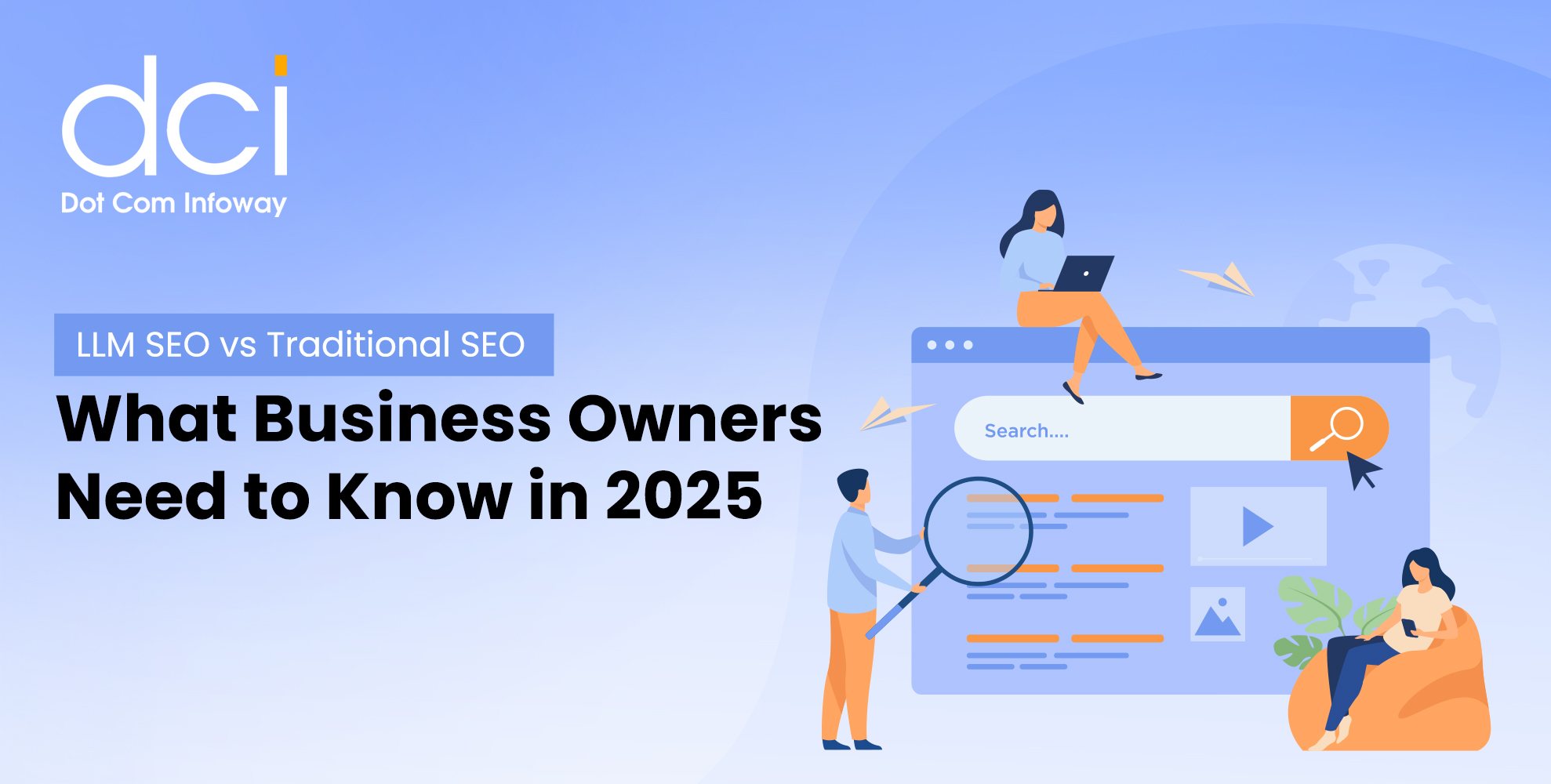
Introduction: The SEO Crossroads of 2025
Search engine optimization, once dominated by keywords and backlinks, has undergone a radical transformation. While traditional SEO still forms the bedrock of organic visibility, LLM SEO, powered by large language models like OpenAI’s GPT and Google’s Gemini, now adds a whole new layer of contextual relevance and semantic understanding. The shift is not merely technological, it’s behavioral. Consumers now search more like they speak, using natural language, full questions, and conversational prompts. For a business owner, the decision to stick with traditional methods or embrace LLM SEO is no longer optional it’s pivotal.
Introducing LLM SEO: The AI Revolution in Search
LLM SEO, short for Large Language Model SEO, is the practice of optimizing content to align with how LLMs like ChatGPT or Bard interpret and generate responses. These models don’t just search for keyword density they parse meaning, context, sentiment, and even user intent in layers. In 2025, tools like Google SGE (Search Generative Experience) are reshaping SERPs. Featured snippets are morphing into AI-overviews. Content is now judged on how well it answers nuanced, long-tail queries.
This doesn’t make traditional SEO obsolete it makes it foundational. LLM SEO builds upon it by optimizing for AI-driven answers and conversational tone. Your content not only needs to be structured, but it also needs to speak with your audience, not at them.
Content Structure: Keywords vs Concepts
Traditional SEO demands focus keywords placed in headers, body text, and metadata. It’s tactical. But LLM SEO goes strategic. It’s about themes, subtopics, related concepts, and user queries. Rather than stuffing “email marketing software” into a paragraph five times, LLM SEO encourages a natural explanation: “If you’re a solopreneur trying to send newsletters without tech overwhelm, tools like ConvertKit simplify the process with automation.”
This shift demands semantic variation. Think of synonyms, context, and supporting topics. It’s no longer just about ranking for “project management app,” it’s about answering why your app matters for a busy entrepreneur managing remote teams.
The Rise of Conversational Search
Users aren’t typing keywords anymore. They’re asking: “What’s the best vegan protein for muscle gain in my 40s?” LLMs thrive on such input. They don’t rely on exact-match keywords they understand meaning.
This has profound implications. Traditional SEO pages targeting “best vegan protein” might get outperformed by a blog post that naturally answers, “In your 40s, muscle recovery becomes slower. Vegan proteins like pea and rice offer complete amino acid profiles without digestive issues.” Such content doesn’t just rank it resonates. That’s the LLM SEO edge.
Technical SEO Still Matters, But in a Different Way
Speed, mobile optimization, and core web vitals remain crucial. However, LLM SEO emphasizes schema markup, structured data, and natural internal linking even more. Why? Because AI models need context clues. A properly structured FAQ, a well-organized hierarchy, and consistent semantic tags help LLMs interpret and highlight your content accurately.
Additionally, entities (not just keywords) matter more. Mentioning “Elon Musk,” “Tesla,” or “SpaceX” helps AI models understand your topic’s depth. Context is everything.
Content Quality: From Metrics to Meaning
Previously, SEO content success was gauged by bounce rate, dwell time, and click-throughs. While still important, LLM SEO introduces a new gold standard: helpfulness. Google’s Helpful Content System evaluates whether your content genuinely solves problems.
Thus, vague, fluffy blogs are out. Insightful, specific, experience-based narratives are in. If you’re writing about “business automation tools,” LLM SEO rewards content that shares real-life workflows, integrations, and outcomes not just feature lists.

Ready to boost your website’s rankings and online visibility?
Discover how our expert SEO services can resolve ranking issues, drive traffic, and elevate your website’s performance to the next level!
E-E-A-T and the Trust Factor
The introduction of E-E-A-T (Experience, Expertise, Authoritativeness, Trustworthiness) in Google’s guidelines marked a turning point. LLM SEO embraces this more than ever. It’s not enough to write about something, you must have experience with it.
This is why customer stories, author bios, credentials, and first-hand testimonials rank higher. LLMs can spot regurgitated AI content from a mile away. Authenticity wins.
From Snippets to Solutions
In the age of LLM SEO, you’re not just optimizing for clicks you’re optimizing for zero-click answers. Google’s generative search might display your content in an AI answer box without the user ever visiting your site. That sounds scary, but it’s a branding opportunity.
To capitalize, ensure your content provides compact, clear, factually accurate summaries that LLMs can extract easily. Think of your intro paragraph as your elevator pitch. Make it count.
Why Businesses Can’t Ignore LLM SEO in 2025
Business owners who cling solely to traditional SEO risk falling behind. Users now expect fast, intuitive, relevant answers, and LLMs deliver them. If your content isn’t optimized for AI interpretation, it may never surface in these AI-generated summaries or voice search responses.
But here’s the upside: with LLM SEO, niche businesses can finally compete with big players. By targeting hyper-specific questions and showcasing lived expertise, you can leapfrog generic content and win trust fast.
Is Traditional SEO Dead? Not Even Close
Despite the rise of LLM SEO, foundational SEO practices still matter. Titles, meta descriptions, alt text, and backlinks remain vital. But they are now the starting line, not the finish line. The difference is that LLM SEO demands deeper, more meaningful content layered on top of technical and on-page optimization.
Think of traditional SEO as your vehicle’s engine. LLM SEO? It’s the GPS that knows how to get you where your audience is going.
LLM SEO vs Traditional SEO: The Hybrid Future
The real winners in 2025 are hybrid SEOs brands that combine the algorithmic precision of traditional SEO with the AI-first intelligence of LLM SEO. By integrating keyword strategies with conversational content, using structured data with rich narratives, and measuring rankings alongside user satisfaction, these businesses are set to dominate.
LLM SEO vs Traditional SEO isn’t a war. It’s a marriage. The future belongs to those who can make them work together.
Conclusion
The debate of LLM SEO vs Traditional SEO is not a matter of either-or. It’s about combining the precision of the past with the intelligence of the future. As a business owner, embracing both ensures that your content not only ranks but also resonates. In 2025, content that connects, answers, and guides will reign supreme. Optimize accordingly, and the search engines will reward you AI style.

